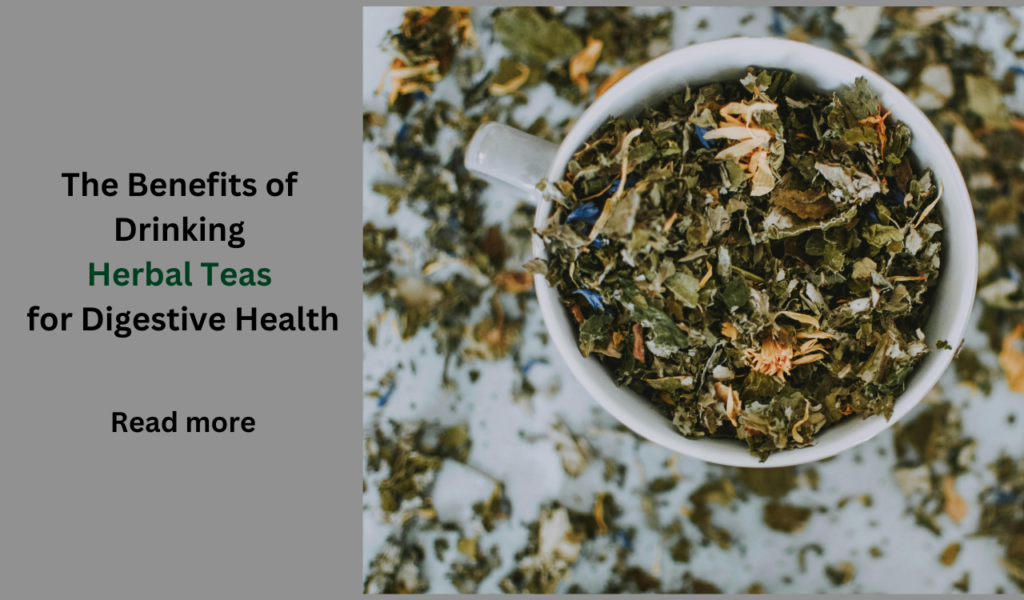The digestive system involves a complex system, including the stomach, bowel, liver, and pancreas, each playing a part in the digestion and absorption of nutrients. Maintaining digestive health requires a balanced diet rich in fiber, acceptable hydration, and a healthy life. Blockages in this system can lead to problems like bloating, constipation, or more serious conditions like irritable bowel syndrome( IBS) or inflammatory bowel disease( IBD). Prioritizing digestive health can increase nutrient intake, energy levels, and quality of life.
Importance of maintaining digestive health.
Maintaining digestive health is critical to overall well-being, as it directly affects nutrient absorption, energy levels, and immune function. A well-performing digestive system ensures that essential nutrients from food are efficiently reused and absorbed, supporting bodily functions and overall vitality. Good digestive health also helps stop discomforts such as bloating and constipation and reduces the threat of habitual conditions similar to irritable bowel syndrome or inflammatory bowel disease. By eating a balanced diet, staying hydrated, and managing stress, a person can support their digestive system, which in turn promotes better health and enhances quality of life.
Preface to herbal teas as a remedy for stomach health.
Herbal teas are widely used as a natural remedy to support gut health, offering a comfortable and effective way to address digestive issues. Ginger, peppermint, and chamomile tea are particularly popular for their digestive benefits. Ginger tea can help relieve nausea and improve digestion, while peppermint tea is known to reduce bloating and gas. Chamomile tea offers anti-inflammatory properties that relieve stomach upset and ease indigestion. These herbal remedies give a gentle, medicine-free way to manage stomach discomfort and promote overall digestive health.
What is herbal tea?
Herbal tea is a flavored infusion made from the leaves, flowers, seeds, or roots of various plants, excluding the traditional tea leaves of the Camellia sinensis plant. Unlike real tea, herbal tea is caffeine-free and can be enjoyed hot or cold. It includes various compounds and flavors, from calming chamomile and calming peppermint to vibrant ginger and zesty hibiscus. Each herbal tea type offers unique benefits, frequently linked to traditional medicinal uses and heartiness practices.
Historical and cultural use of herbal teas for health.
Historically, herbal teas have been integral to various cultures for their perceived health benefits and therapeutic properties. Ancient societies, like the Egyptians, Greeks, and Chinese, habituated herbs similar to mint, ginger, and ginseng for their flavor and healing properties. In traditional Chinese drugs and Ayurveda, herbal teas are used to balance the body’s powers and treat ailments ranging from digestive problems to stress. These time-recognized practices reflect a deep artistic appreciation for the natural world and its part in promoting well-being, with numerous herbal remedies still valued today for their overall health benefits.
How Herbal Teas Support Digestive Health?
Relaxes digestive muscles: Teas like peppermint can help relax the muscles of the stomach, which reduces symptoms like bloating and pain.
Boosting digestion: Ginger tea aids digestion by stimulating digestive enzymes and reducing nausea, which can be especially salutary after food.
Reduces gas and bloating Fennel tea has carminative characteristics that help reduce gas and bloating and promote a more comfortable digestive experience.
Anti-inflammatory effects: Chamomile tea soothes the digestive system and reduces inflammation, helping with problems like indigestion and disturbed stomach.
Improved gut motility: Some herbal teas, such as ginger and peppermint, can increase bowel motility, facilitating smoother and more efficient digestion.
Support for overall digestive health: numerous herbal teas, similar to dandelion and licorice root, offer fresh benefits similar to liver support and bettered bile inflow, which contributes to overall digestive health.
Some herbal teas and their health benefits.
Herbal teas offer a range of health benefits, each linked to their unique constituents.
Chamomile tea: Is known for its calming effects, helping to relieve insomnia and reduce stress.
Peppermint tea: Aids digestion and relieves stomach problems, while its menthol content can help relieve headaches and congestion.
Ginger tea: Is celebrated for its anti-inflammatory properties, which can relieve nausea, improve circulation and support immune health.
Hibiscus tea: Is rich in antioxidants and helps lower blood pressure and improve heart health.
Echinacea tea: This is often used to boost the immune system and shorten the duration of colds.
Fennel Tea: Relieves bloating and gas and supports overall digestive function.
Licorice Root Tea: Helps with heartburn and acid reflux and Supports the mucosal lining of the stomach.
Among these, herbal teas provide natural support for a variety of health aspects, reflecting centuries of traditional use and ongoing scientific interest.
How to Incorporate Herbal Teas into Your Routine?
Adding herbal teas to your routine can be both pleasurable and salutary to your health. Start by choosing herbal teas that fit your health goals or flavor preferences, such as chamomile for relaxation, peppermint for digestion, or ginger for immune support. Set away a specific time each day for your tea ritual, similar to a quiet mug before bed or a stimulating brew in the noon. To make it a habit, keep a variety of herbal teas within easy reach, and consider using a teapot or infuser to make the process even easier. Take the opportunity to open up and connect with your senses by turning your tea time into a mindful moment of relaxation and rejuvenation in your day.
Integrating herbal teas into a healthy lifestyle.
Integrating herbal teas into a healthy lifestyle offers a simple yet effective way to enhance overall well-being. These teas offer a variety of flavors relaxing rituals and many natural benefits, from improving digestion to reducing stress. By making herbal tea a regular part of your routine, you can produce moments of calm and tone- care while potentially supporting your health pretensions. Whether enjoyed as a relaxing evening ritual or as a mid-day break, herbal teas can complement a balanced diet and active lifestyle, helping you stay hydrated and alert throughout the day.



